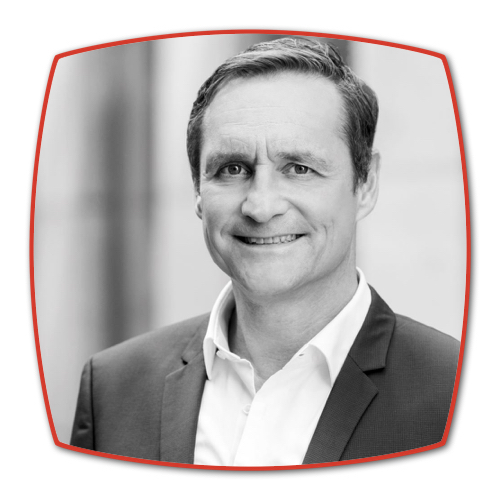
Policy, Law & Regulations

The year 2024 was marked by political turning points. Beginning with the European elections in June, the European Commission restructured itself under its previous President Ursula von der Leyen. In German federal politics, it became apparent over the course of the year that the political work of the governing coalition of the SPD, Greens and FDP was hampered. Crucial legislative projects were significantly delayed. Proposals such as the law introducing a security order for traffic data in the Code of Criminal Procedure (“Quick Freeze Act”) and the national implementation of the e-Evidence Regulation were not published until October 2024. The German KRITIS Umbrella Act and the NIS2 Implementation Act were repeatedly postponed in the cabinet.
However, the German Digital Services Act did enable the implementation of the European Digital Services Act. In autumn 2024, the traffic light coalition agreement, which had started in 2021 as a progress coalition, finally came to an abrupt end due to disagreement among the coalition partners over the federal budget. Many of the planned legislation that this coalition had tackled will now likely fall by the wayside.
At the same time as the collapse of the German federal government, a new president was elected in the United States. Donald Trump is causing concern among many Europeans and in government centres. The Internet industry is waiting to see what this new US president will bring.
Digital Policy for Europe 2024-2029
After work on the agenda for the European elections under the title “Digital Policy for Europe 2024-2029” had already begun in 2023, the project was successfully completed in 2024 with contributions from many member companies. A comprehensive document has thus highlighted the key issues of digitalisation at the EU level for politics and society.
Internet Policy Forum 2024
With the Internet Policy Forum, eco has established a flagship event where policy makers, administrators and the Internet industry discuss key digital policy issues. The 2024 Forum focused on the digital transformation of the economy, administration and society. Under the title “Shaping Digital Transformation with Sovereignty and Competitiveness”, a state secretary, a scientist, members of the German Bundestag and experts from the Internet industry discussed the topic across two panels. Federal Minister Volker Wissing, as the main guest that evening, delivered an engaging keynote speech and subsequently elaborated on his vision for digital policy in a dialogue with eco Chair Oliver Süme.
Outlook for 2025
The year 2025 will bring further developments for the Internet industry. The new EU Commission will start its work. eco will continue to campaign against any further tightening of existing regulations and work towards relieving the burden on the Internet industry. Only if the European framework conditions allow for the simplification of administrative regulations and the streamlining of laws can a digital single market be successful and drive innovation in the Internet industry in Germany and Europe. The further development of the regulation of artificial intelligence, which was not yet completed with last year’s AI Regulation, will be one of the benchmarks for this.
Germany has voted. On 23 February 2025, citizens decided which parties would enter the German Bundestag and which constellations might form the new German federal government. In the run-up to the election, eco once again presented an Internet Policy Agenda to highlight the key challenges for German digital policy. The country now has its last chance to catch up in the digital transformation and thus maintain its competitiveness. The creation of a Ministry of Digitalisation with the necessary competencies and resources is essential for this undertaking and represents one of the key challenges in the first half of 2025.
Finally, developments across the Atlantic will also raise new questions for the Internet industry in Germany and Europe. Donald Trump’s inauguration raises questions and concerns for many governments and the EU. Debates about technological sovereignty and increased resilience must not turn into digital nationalism and isolation. However, they must not turn a blind eye to the challenges facing the economy. eco will continue to work to ensure that politics, business and society choose the right paths.
Oliver J. Süme
Chair of the eco Board
eco Board Member for Policy, Law & Regulations